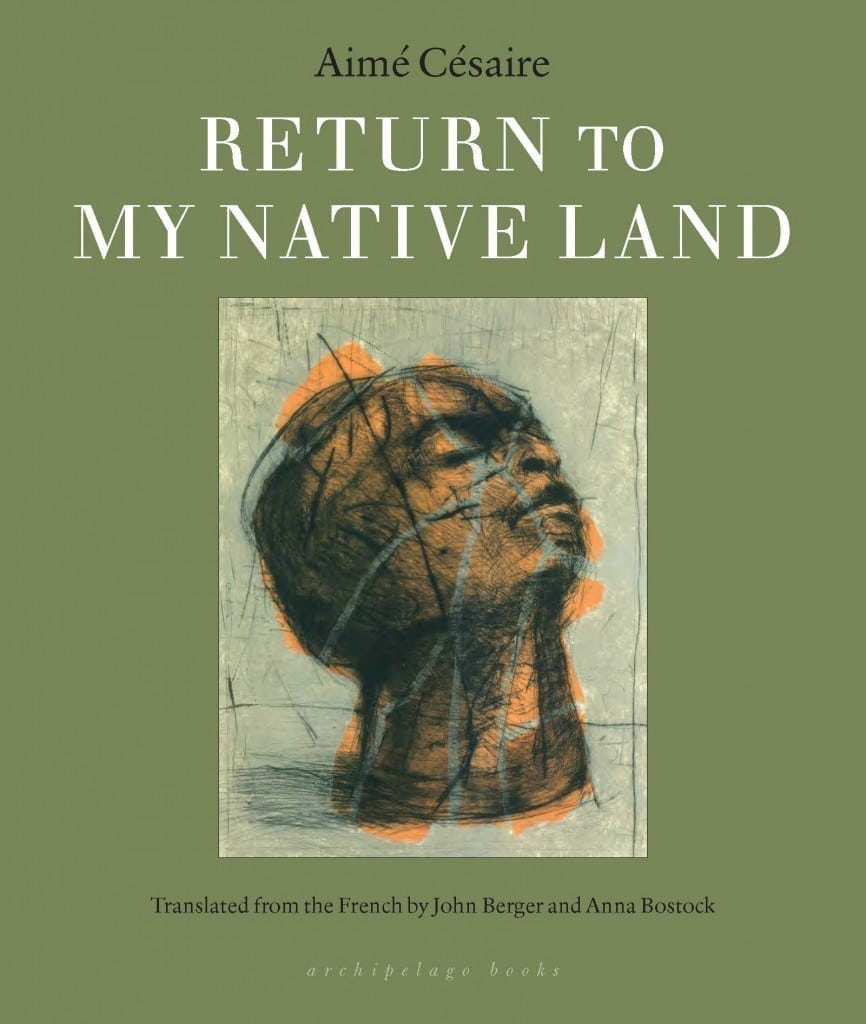Praise
Return to My Native Land is a monumental tome to our times, and this new translation by John Berger and Anya Bostock possesses the tropical heat of the poet’s sonority. Though, in his refrain, Aimé Césaire intones “the small hours,” there isn’t anything small about the raw lyricism articulated into this incantation of fiery wit. The translators convey the spirit of improvisation, yet, with a deftness of image and music, they deliver this book-length poem as a seamless work of art—an existential cry against a man-made void. What translates is the speaker’s revolutionary psyche on to the page—his fierce affirmation of existence through an eloquent clarity of the real and surreal. Nowhere is Césaire’s passion sacrificed; this translation is a tribute to the poet.
Nothing less than the greatest lyrical monument of this time.
An unforgettable work of imagination, realism and surrealism, the Cahier is one of the most powerful, inspiring and beautiful poems ever written....a poem of remarkable lyricism and probably the most sustained to have been inspired by the French surrealist movement.
One of the most powerful French poets of the century.
Aime Cesaire's long poem is evocative and thoughtful, touching on human aspiration far beyond the scale of its specific concerns with Cesaire's native land - Martinique.
Through his universal call for the respect of human dignity, consciousness and responsibility, he will remain a symbol of hope for all oppressed peoples.
Aimé Césaire's brooding exploration of Negritude bristles with the energetic, unique qualities of Walt Whitman's Song of Myself . . . [Césaire's] protean lyric, filled with historical allusions, serves to exorcise individual and collective self-hatreds engendered by the psychological trauma of slavery and its aftermath.
The experimental techniques at work here never seem gratuitous, but function to disrupt the smug complacency of old Europe. I’m more than willing to forgive these poems their difficulty and occasional hermeticism, and to marvel at their blinding, blistering radiance. It’s truly awesome to behold.
At once lyrical and visceral, perhaps only a refugee can write this severe a level of fatal acceptance... Césaire wields a voice that is bursting, a voice that speaks for a people, and all people. Return to My Native Land is a poem with such passion that one will want to read it with others, in a circle, as if praying to a god that hasn’t yet been born.
Extras
An Aimé Césaire article on cultural diversity as a factor in development.

